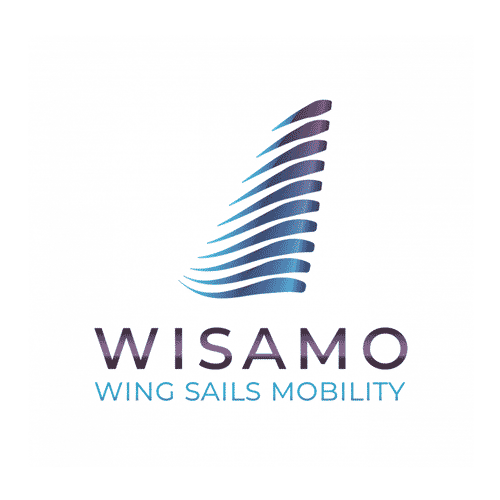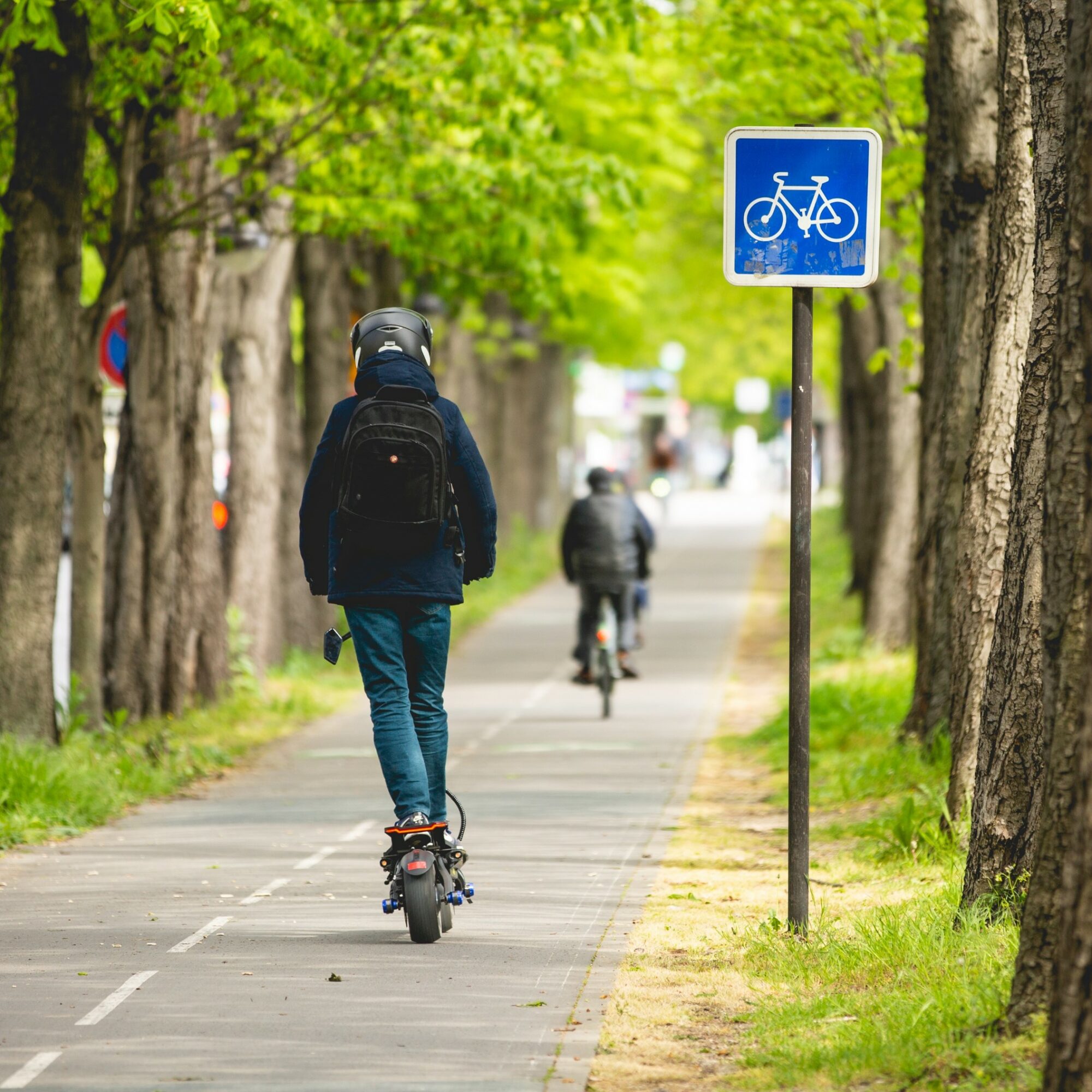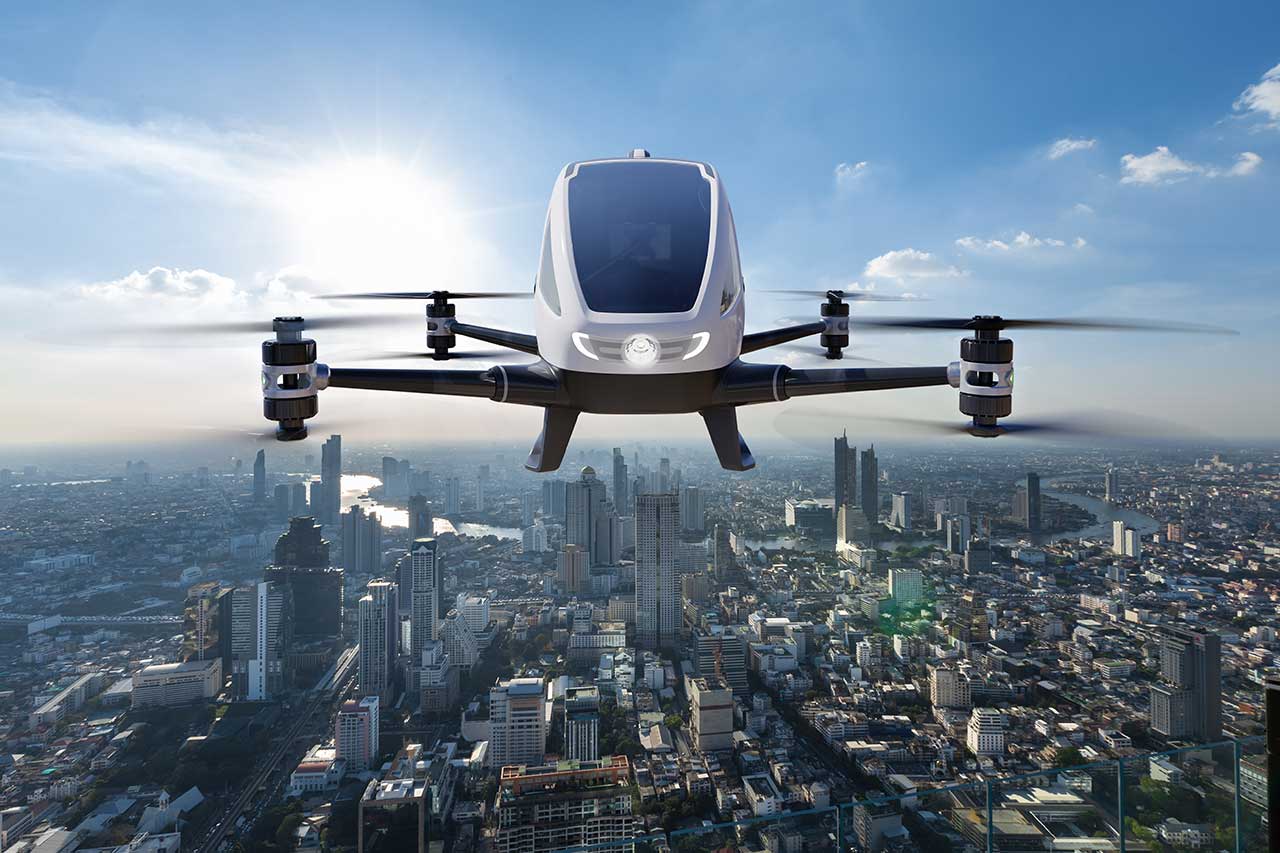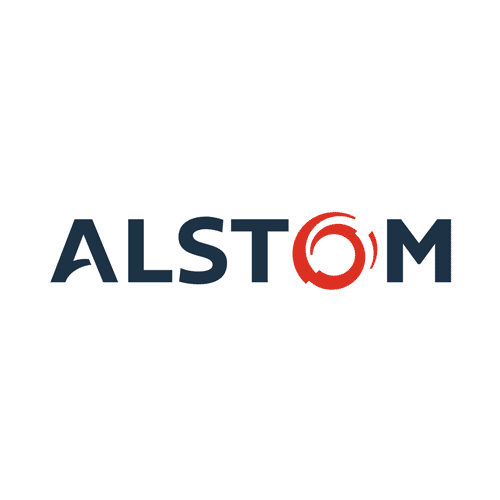
Mobility & Transport consulting
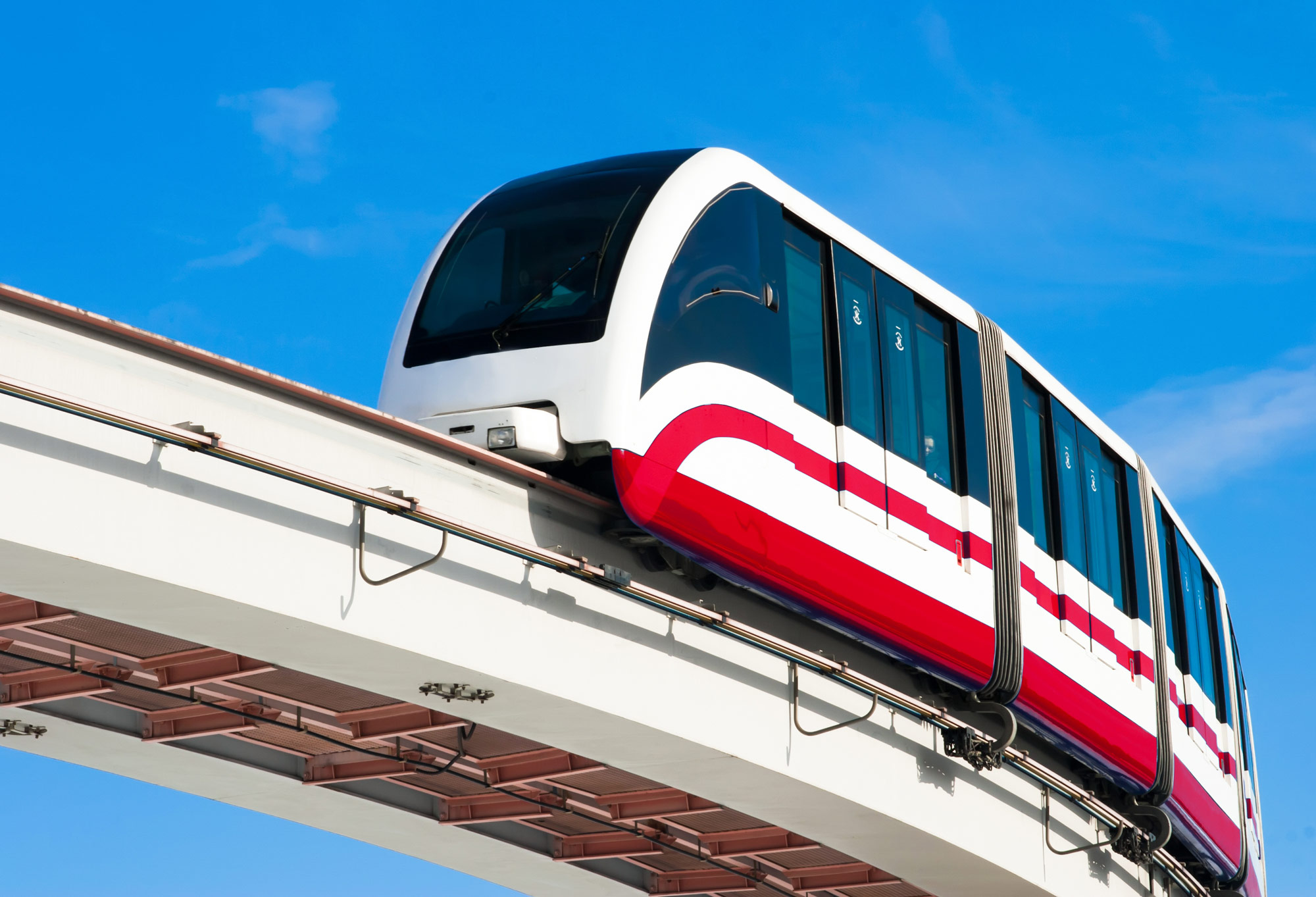
For more than 30 years, our specialized team has been supporting everyday leaders in the Mobility and Transportation sector in their innovation and new market development projects.
They trust us

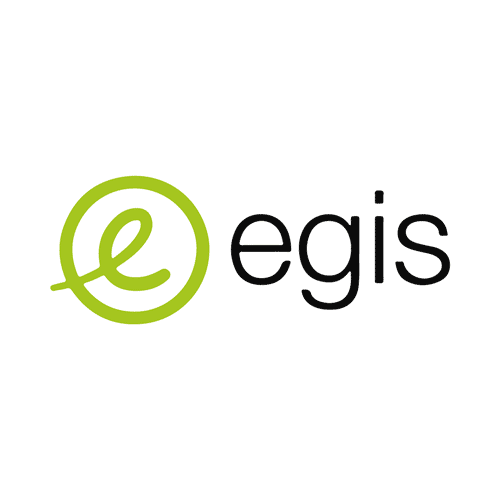

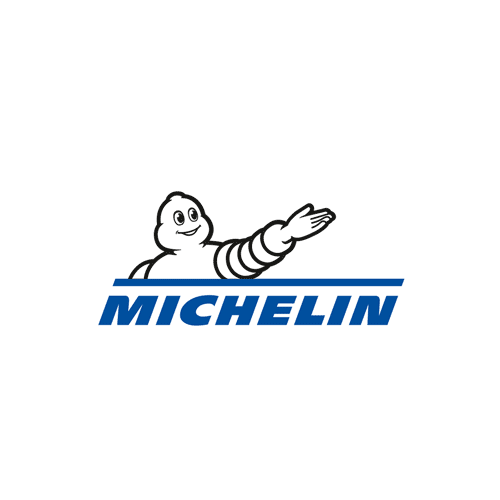

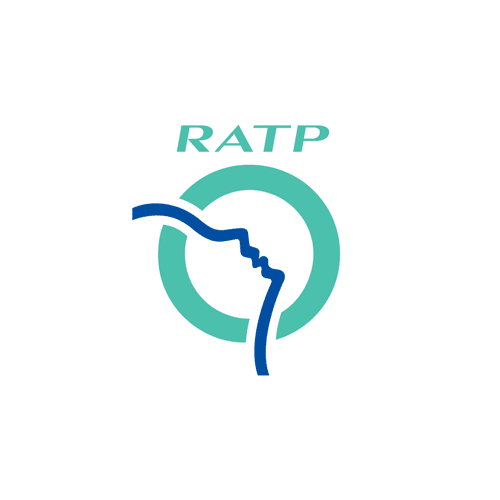

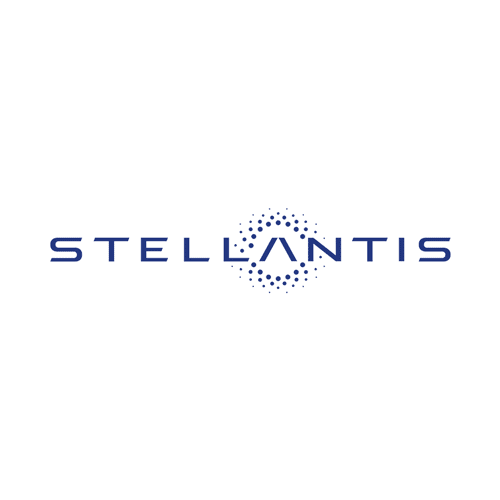

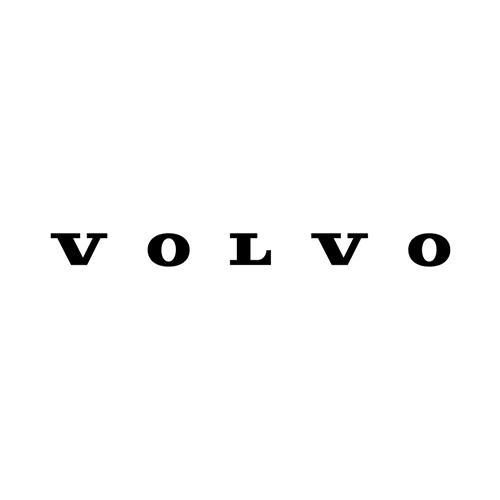
How we support players in the mobility and transport sectors
Founded in 1993, Alcimed is a consulting firm specialized in innovation and new markets development in life sciences. Spread over our 8 offices in the world (in France, Europe, Singapore and the USA), our team of 220 high-level explorers supports everyday decision-makers and business departments (marketing, research, innovation, strategy, CSR, etc.) in their innovation and new market development projects.
Our projects for Mobility and Transport players cover topics as diverse as state of the art, market studies, identifying new technologies, building roadmaps, developing new sectors, launching innovations, redesigning business models, identifying partners, and much more!
And our activities are not limited to the mobility sector. The diversity of our clients (manufacturers, ETIs, innovative start-ups, institutions, etc.), the subjects we deal with, and the geographical areas we explore, enable us to master a wide range of missions and develop recognized expertise in our specialized sectors.
Our missions
Our expertise
Our missions
Strategic marketing
Clients & Patients
R&D
Commercial strategy
Innovation
New partners
Our expertise
Healthcare
Environment & Climate
Beauty & Nutrition
Energy & mobility
Sovereignty
What they say

"Dream team!"
"Thank you to the entire Alcimed team for embarking with us in this project and for having provided us with high-quality consulting, you are agile, committed and friendly... dream team!"
Benoit BAISLE DAILLIEZ
Initiative Leader, WISAMO by MICHELIN

"We particularly appreciated the co-construction approach suggested by Alcimed."
"As part of our R&D activities, we worked with Alcimed to evaluate the market opportunity for a new technological solution. We particularly appreciated the co-construction approach suggested by Alcimed, the agility demonstrated by the team throughout the project and the solidity of the recommendations."
Michaël COGNE
Materials Program Research Leader
Examples of projects carried out for our clients in the mobility and transport sectors
Study of several application markets for New Mobility solutions in the field of drones
Our client wanted to benefit from a quantitative assessment of the long-range drone market in the military, commercial, and government sectors in order to capitalize on its skills in new sectors.
To do this, we have assessed the fleet and the annual production needs of drones in the 3 target sectors by 2035. At the same time, we identified use cases of interest in these sectors (gas pipelines, rails, surveillance of expansive areas, etc.).
Our study enabled our client to finalize its strategic roadmap for the next 15 years.
Support for a leading player in the transportation sector in the evaluation of the opportunity to develop a new sustainable mobility solution: sail propulsion
We accompanied an industrial player in the mobility sector in the assessment of the opportunity to develop a new sail propulsion solution to support the decarbonization of part of international maritime transportation.
After a first stage of global shipping market research, we supported our client in the segmentation of potential clients and the definition of relevant value propositions for their solution. Then, we contacted these potential clients to validate and adjust the selected value propositions, and refine our understanding of their practices, their needs and their expectations. Finally, we supported our client in defining a business model based on the results of our investigations and on current and future capacities.
Ultimately, our client decided to invest massively in this New Mobility solution: sail propulsion.
Support for a leading transportation player in the construction of its service roadmap for its sustainable mobility solutions
As part of the development of its activities around new sustainable mobility solutions, and in particular in electromobility, we supported our client in the construction of its roadmap on the services to be offered to its clients.
To do this, we went to meet its end clients to better understand their businesses, their current practices, their constraints and the levers that push them to invest in new, more sustainable mobility solutions. Then, we confronted this vision with that of our client during a session of creativity and innovation to jointly build a relevant roadmap that generates value for all stakeholders.
Commercial strategy of a new service offering for the automotive sector
We assisted one of our industrial clients in the identification and characterization of segments of interest for the development of a new service offering and the construction of a commercial strategy adapted to a new sector for our client: automotive.
Alcimed’s project team first identified and selected the segments of interest for our client’s offer. Then the priority segments were characterized in a more precise way and were the subject of a business model proposal.
Then, a commercial strategy was elaborated, including in particular a prospecting strategy and commercial tools, in order to allow our client to quickly launch into the automotive sector and to set-up first meetings with prospects.
Evaluation of the value of hydrogen supply in charging bases at train stations
For one of our clients in the mobility sector, the Alcimed team assessed the value of one “kg of hydrogen” supplied in the immediate vicinity of a train station for bicycle mobility.
To assess this value and to characterize the relevance of a project enabling hydrogen supply in train stations, our team carried out a thorough bibliographic search and conducted interviews with key players in the field of energy, mobility, the train station environment, and the hydrogen sector.
Our study allowed our client to validate their business model and their business plan.
Prospective study on the evolution of automotive waste by 2035
In the context of the transition to electric mobility, we supported an environmental actor specializing in the collection of automotive waste to help them anticipate the impact of this transition on their business.
A comprehensive prospective analysis of the automotive market, the objectives of manufacturers, suppliers, garages, collection sites, and recycling facilities, as well as the current regulations, allowed us to estimate the evolution of the typology and volumes of waste that our client will have to manage by 2035. We also analyzed the value chains associated with battery production, identified potential recyclable products, and assessed the role of various stakeholders (such as gigafactories and new production units established by manufacturers).
This analysis enabled us to help our client adjust their positioning in this emerging market.
Regulatory overview of greenhouse gas emissions regulations
One of our clients, an automotive industry player, wanted to carry out a review of the regulations on greenhouse gas emissions in Europe and gather the view of car manufacturers on related trends.
The inventory of the regulations and standards in force, the analysis of their dynamics, as well as the variation of these regulations in France and the point of view of the car manufacturers helped our client to prepare technical solutions to be implemented in order to anticipate changes in regulations.
Promotion of creativity workshops on biomimicry with the research and development teams of a mobility player
Our team supported a leading mobility player wishing to reflect on and better understand the potential impact of biomimicry on its business.
In this project, we led creativity workshops with our client’s R&D teams, with the main theme: “How can biomimicry impact our business?”.
The objective of these sessions was to identify new ways to obtain desired functionalities by drawing inspiration from nature, for example for self-cleaning materials, anti-scratch solutions or improved mechanical performance. This exercise enabled our client to identify several new avenues of research to explore with its teams.
You have a project?
To go further
Energy - Environment - Mobility
Micro-mobility solutions: how could they fit in tomorrow’s city?
What are the challenges of developing micromobility? How does sustainable mobility fit into urban strategies?
Energy - Environment - Mobility
Wind propulsion: maritime transport is reshaping to adapt to the climate crisis
The climate crisis talks the maritime industry into reinventing itself. What are the issues involved in the diffusion of wind propulsion?
Cross-sector
VTOL market: 4 challenges to make green mobility a key differentiator
First challenge: better define the use cases of VTOLs VTOLs could be a more ecological alternative to cars for long distances.A study led by Ford and the University of Michigan shows that, for a ...
Founded in 1993, Alcimed is an innovation and new business consulting firm, specializing in innovation driven sectors: life sciences (healthcare, biotech, agrifood), energy, environment, mobility, chemicals, materials, cosmetics, aeronautics, space and defence.
Our purpose? Helping both private and public decision-makers explore and develop their uncharted territories: new technologies, new offers, new geographies, possible futures, and new ways to innovate.
Located across eight offices around the world (France, Europe, Singapore and the United States), our team is made up of 220 highly-qualified, multicultural and passionate explorers, with a blended science/technology and business culture.
Our dream? To build a team of 1,000 explorers, to design tomorrow’s world hand in hand with our clients.
When we talk about “New Mobility”, we mean the different segments of mobility in full expansion: soft mobility, shared mobility, electric mobility or autonomous and connected mobility. This New Mobility is characterized by the use of light motorized vehicles that consume less energy, the development of a service economy which replaces the exclusive use of vehicles, the transformation of mobility in the digital age, and the rediscovery of soft mobility (bicycles and scooters, electric or not, and walking).
“Sustainable mobility” consists in satisfying people’s freedom of movement while seeking to reduce the environmental impact of the means of transport used. Mobility is truly considered sustainable if it drastically reduces greenhouse gas emissions from transportation and has an inclusive and fair social dimension.
